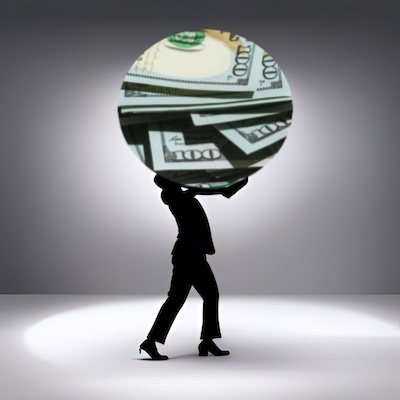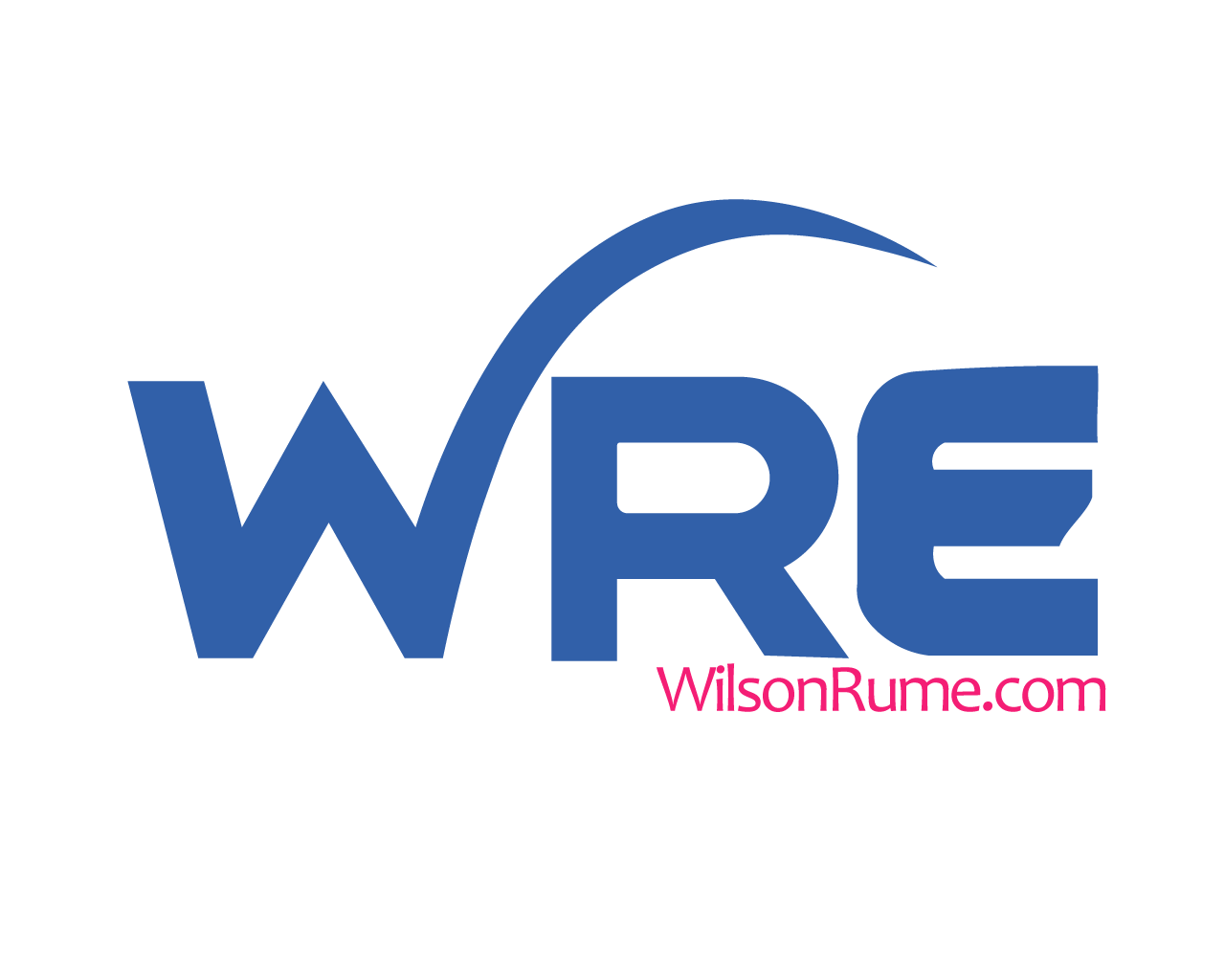
Easy-to-understand explanation of the recent foreign exchange policy in Nigeria
On Wednesday, June 14, 2023, the Central Bank of Nigeria, in a press release, introduced key operational changes to the foreign exchange market in Nigeria. The publication of the changes followed the suspension of the Central Bank Governor, Godwin Emefiele by President Bola Tinubu. Some key changes highlighted in the press release include:
- Introduce willing buyer willing seller model.
- Cancellation of the Naira4dollar scheme and RT200 rebate scheme.
- Collapse all the foreign exchange market segments into the Investors and Exporters (I&E) window (official market).
- More transparency in terms of FX orders in the market.
To aid understanding of the new policy for non-economists, this article provides a detailed explanation of the policy in a simplified manner and highlights key reforms needed to ensure a sustainable foreign exchange regime in Nigeria.
Brief explanation of Exchange Rate and why it is important
1. Exchange rate is a very important indicator in an economy. It is the rate at which a country’s currency is exchanged for other currencies. In Nigeria, we have Dollar to Naira rate, Pounds to Naira rate etc.
2. A country’s exchange rate will depreciate (lose value) when there is high demand for foreign currency in that country relative to supply.
3. Assume $1= ₦100. If people in Nigeria demand for dollar to pay their foreign school fees, foreign medical bills, or to import goods, and they can’t get it, the Naira will depreciate (remember the law of demand and supply). By depreciate, I mean the Naira will fall i.e. $1 will now become ₦120 or ₦150. You are basically paying more Naira to get the same $1. Not good for you.
4. So, movement of exchange rate is a combination of several factors such as the demand for foreign goods and services (which is also demand for dollar), sales of goods to other countries (exports), inflow of foreign investment into Nigeria, inflow of money from Nigerians that have japa’d, etc. It is a game of inflow vs outflow and how the Central Bank manages the market.
The Exchange Rate Markets
5. Now, there are different markets for the sale of foreign currency. Remember that no one is allowed to spend dollar in Nigeria, so a foreign investor coming to Nigeria will take his dollar to the market, exchange them for Naira and then spend the Naira in Nigeria. For simplicity, let’s assume there are two main markets in Nigeria – one is the official market (managed by the Central Bank) and the other is the black market.
6. When individuals, businesses, students, importers go to the official market to get dollar to pay for foreign healthcare, school fees, or imported goods, many of them do not often get it. Most times, they will have to wait for months to get it and this can be frustrating.
7. Part of why they don’t get dollar is because the dollar inflows into the market is small relative to their demand. Say, their demand is $100 million in a month, only a portion of this is often met.
8. When they don’t get it, they go to the black market. Now because many people keep going to the black market as a result of scarcity in the official market, the Naira in the black market keeps depreciating (remember number 3 above).
9. As at March 2023, rate in the official market was ₦462 to $1 while in the black market it was around ₦750 to $1. This is a gap of ₦288. It wasn’t this bad in 2013, when rate was ₦157 in the official market and ₦172 in the black market.
10. This wide gap between official and black market rates creates a lot of problems. One is round-tripping. There are people that can get dollar in the official market and sell it in the black market to make massive gains. This happens at the expense of those who need dollar legitimately. Two. It erodes confidence of foreign investors. It shows that our Central Bank cannot effectively manage its own currency vis-a-vis other currencies. Three. The black market has (almost) become the go-to market because you will find dollar there than in the official market.
11. Beyond the gap between the official and black market rates, the rate in the official market is heavily managed by the Central Bank. Although dollar demand is not often met in the official market as at when due (scarcity), the Naira does not depreciate that much in that market. This is because the CBN does not want it to depreciate rapidly. So, it holds the rate in the market.
12a. But this comes at a cost. Our foreign reserves is often used to “hold” the Naira so that it does not depreciate much in that market. In other words, our reserves is not growing as it should. Imagine how Nigeria’s foreign reserves compares with that of select countries:
*Nigeria – $34.7 million;
*Saudi Arabia – $404 million;
*Taiwan – $561 million;
*Russia – $585 million;
*Brazil – $341 million.
12b. When a country’s reserves is large and increasing, foreign investors have relatively more confidence in that country and in the ability of the Central Bank to meet dollar obligations as at when due.
The new policy and what it means
13. The new administration said that it does not want to run an exchange rate regime where there is a wide gap between rates in the official and black market.
14. Hence, the new CBN policy, as contained in the press release, re-introduced a willing buyer willing seller model in the official market. In essence, rates will be determined by factors of demand and supply. With this announcement, exchange rate in the official market moved from around ₦474/$ on June 13 to ₦664/$ on June 14, closer to the black market rate. On Thursday, June 15, rate in the official market closed at ₦702.19, according to data from FMDQ.
15. Because investors have long been calling for such type of policy, it is being treated as a good news. There are expectations that confidence will be restored and investors will bring in more dollar into the country to invest. More dollar means students that need to pay fees can get dollar from the official market. If this continues, black market rate MAY start to move closer to the official rate because of the low demand. So, we could be heading towards a unified exchange rate or at least towards a smaller gap between both rates.
16. All of the above will depend on whether there will be enough dollar inflows to meet demand.
17. But there are downsides too. Many importers/students that are on queue to purchase dollar at ₦474 in the official market will likely suffer. The rate is no more ₦474. If, before the policy, they needed $10,000 at ₦474 per dollar initially, that’s ₦4.74 million. With the new rate of ₦702.2/$, they will now need ₦7.02 million for the same goods and services. Also note that the rate will be more flexible than before and so it can change tomorrow. (PS: Also note that Nigeria will no longer have the largest economy in Africa using the new exchange rate, because GDP is first calculated in Naira and converted to dollar for comparison).
18. Prices of imported goods will increase especially goods whose importers typically access dollar in the official market. There is also a high chance that the woman frying Akara will increase price, whether she imports any raw material or not. How the black market rate responds will also determine whether overall prices of goods will increase or not and by what magnitude.
19. The question now is whether this policy will lead to increased supply of dollar in the official market and whether people will be able to get the dollar in the market as at when due. If it achieves this, black market rate will move towards official rate. This new foreign exchange policy is a good start.
Conclusion
20. In summary, Nigeria needs massive inflow of foreign currency into the official market to meet demand. We need foreign investors to come into Nigeria, bring dollar to the market and invest. We need a friendly business environment. We need to export more i.e. sell our goods and services to foreign customers and earn dollar. We need our brothers and sisters abroad to send more dollar home.
21. On the demand side, we need to produce more locally so that we do not need to import things we can easily produce. We need to make Nigeria work so that we can reduce people flying abroad for healthcare WHEN they can get the same or even better services here. This will reduce the demand for dollar, all things being equal.
22. At the end of the day, we need structural reforms to improve our manufacturing sector and make it competitive. Things like electricity, infrastructure, taxes, etc are important. Without these reforms, we are going nowhere! We need to clear some backlogs in the market and ensure consistency in foreign exchange policies that will provide clarity, restore confidence in our economy and attract more and more dollar inflows.
This article was written by Wilson R. Erumebor. All views are strictly that of the author and do not represent the views of any organisation he works for or is associated with.

Joel
Very easy to understand. Thanks wilson